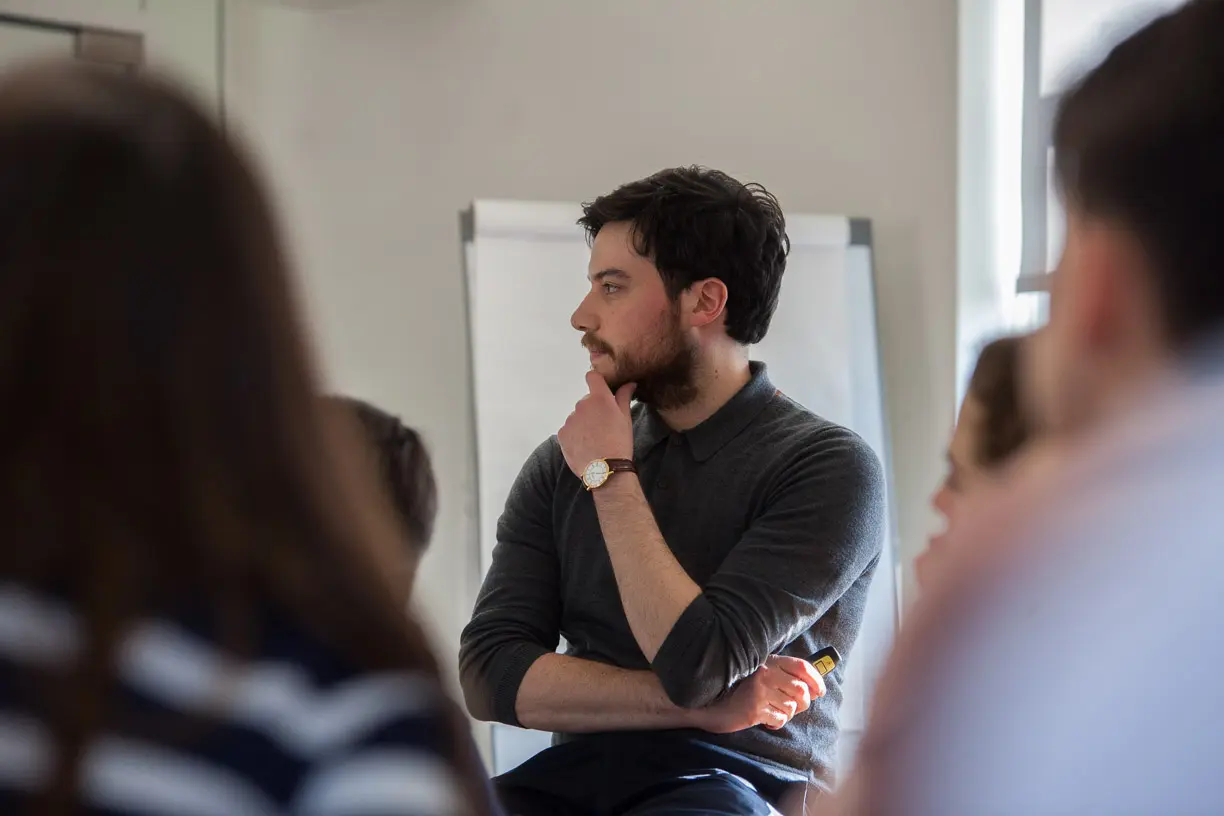The digital university of tomorrow, today
COVID-19 has accelerated the need for high-quality digitisation of the higher education sector. Some claim its already happening. It’s not.
Let’s not kid ourselves. There has been a marked uptick in remote-working, use of pre-existing video technology, and provision of (low-functionality) online courses. But this does not amount to the scale of the transformation required for HE institutions to survive the demands of Gen Z and a hyper-competitive global marketplace for education provision. Based on our experiences of working for the world-leading UK Government Digital Service, advising HEIs and FE institutions on technology adoption, and researching leading international digital states, below are five guiding principles to help UK universities meet the digital challenge, quickly:

Be bold but not foolhardy in your ambitions.
You are not going to be the “uber of higher education”. Banish anyone from the (virtual) meeting room that points to Silicon Valley for parallels. Don’t think you are competing with Udemy, the Khan Academy or Coursera in terms of online learning – they each have nearly a decade head start and billions of dollars of investment. As a UK HEI your unique-selling propositions will be the networks and employment opportunities you can offer; the rounded student experience you deliver through predominantly physical environments; and the overall learning experience. Work with these propositions and use technology to enhance them, rather than create new propositions. If you try and compete with established online learning providers, you are choosing the most challenging road.
Recruit for digital talent aggressively.
There is a digital skills gap nationally and globally. It’s even more acute for higher education. Think of your non-academic staff. How many user researchers, service designers, product managers, data scientists, developers and technical architects do you have? Do they work with best-practice, agile methodologies in line with how all UK government services must be developed? Do you have these skills represented at Executive Team level? These are highly prized-skills but ones which are utterly essential for effective digital transformation. It’s impossible without them. Even if you choose to contract significant amounts of digital resource externally, you will still need internal talent to manage the contractors effectively and keep running things after the external support.
Segment your digital transformation into efficiency savings; revenue-enablers; and moon-shots.
This will cost money. Not all of it will result in savings – be prepared for this. It’s helpful to think of three categories for digital transformation: Efficiency savings, which tend to be back office functions, like processing finances and payments; these should be cash positive. Revenue-enablers, such as improved online course learning. Whether you create your own content or license, consider these more like routes which help to secure revenue (particularly given recent government guidance) rather than new financial benefits. And moon-shots – these are novel, probably unique “discoveries” that are relevant to your particular students and needs; they could be augmented reality-delivered courses for social care, for instance. Consider them some risk, high reward. Set aside money for them to fail, but aim for them to succeed.
Demand results, quickly.
A lot can, and should, be achieved fast. Digital teams across the world have launched whole government services in less than six weeks. Direct your teams and digital resources to deliver rapid prototypes and minimum viable products. Steer clear of “big bang” solutions and endless “digital strategy” reports. If something isn’t progressing, drop it. Focus attentions narrowly and be guided by “user need”. Our survey of over 200 prospective undergraduates for the academic year 2020/21 demonstrates [link to 2020 report – to be published] that for the majority, the most pain that could be fixed digitally is in simple, mundane administrative processes such as paying rent, library fees and enrolment; only a quarter of those surveyed said that they were more attracted to universities that have more options for online learning.
Don’t believe the hype.
There is no consensus on the “right” model of online pedagogy. Similarly, there is no “perfect” online learning technology. Much of the benefits from digital transformation come not from the successful uptake of new technologies by users and subsequent changed behaviours. Be wary of tech suppliers promising the earth – even if they can demonstrate results in one setting, there is no guarantee it will work in your institution. Be inquisitive, but always be critical.
The future of higher education is dependent on how we react to this crisis and the opportunities afforded by new technologies. Despite the many challenges, there is much to be hopeful about.
If you would like to learn more about the future of HE, get in touch with Antonio Weiss, Director at The PSC.

Latest News & Insights.

The PSC is committing to new, more challenging sustainability targets
We are delighted to announce that we are committing to new, ambitious emission…

What does a good net zero programme look like for Integrated Care Systems?
The NHS has committed to reaching net zero in 2045 and Integrated Care Systems…

The PSC Wins Double Silver at the HSJ Partnership Awards 2024
We are delighted to announce that we have been awarded double silver at The HSJ…
